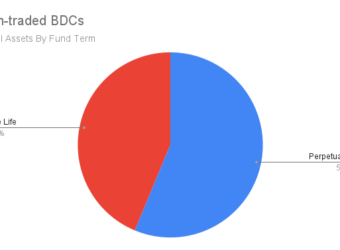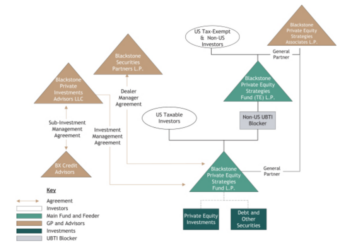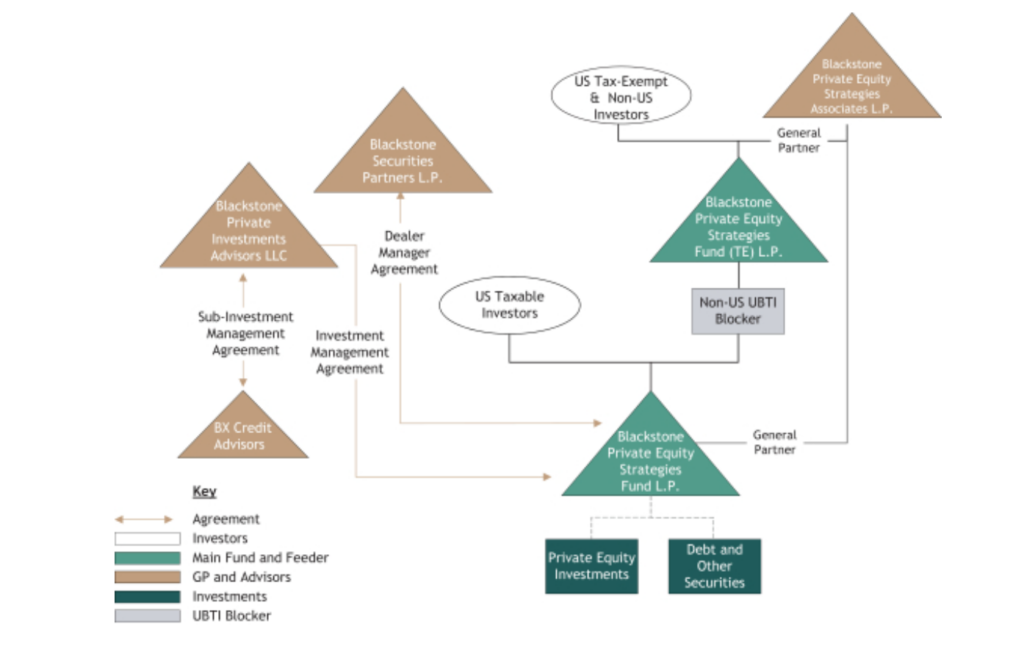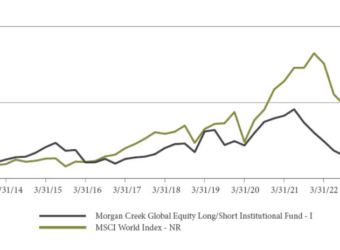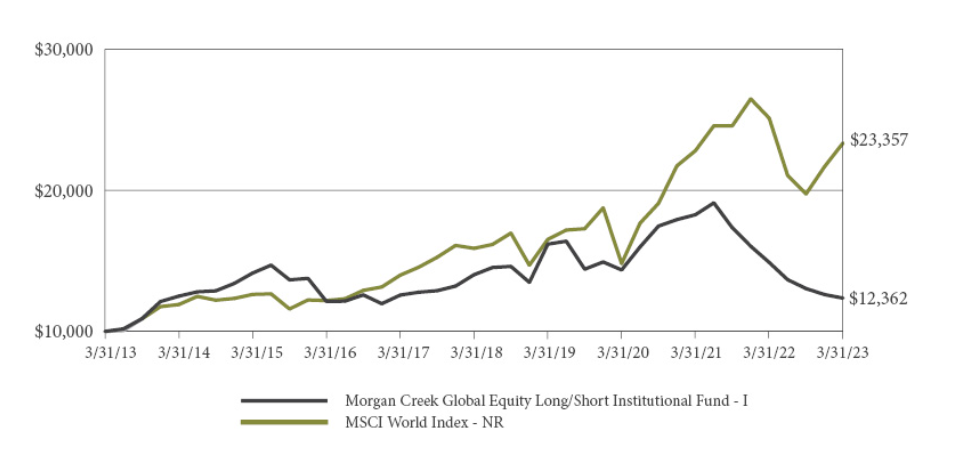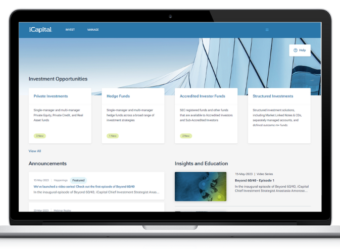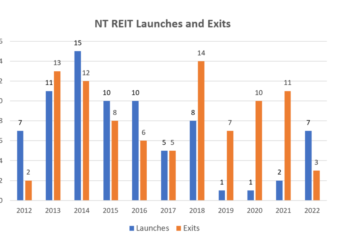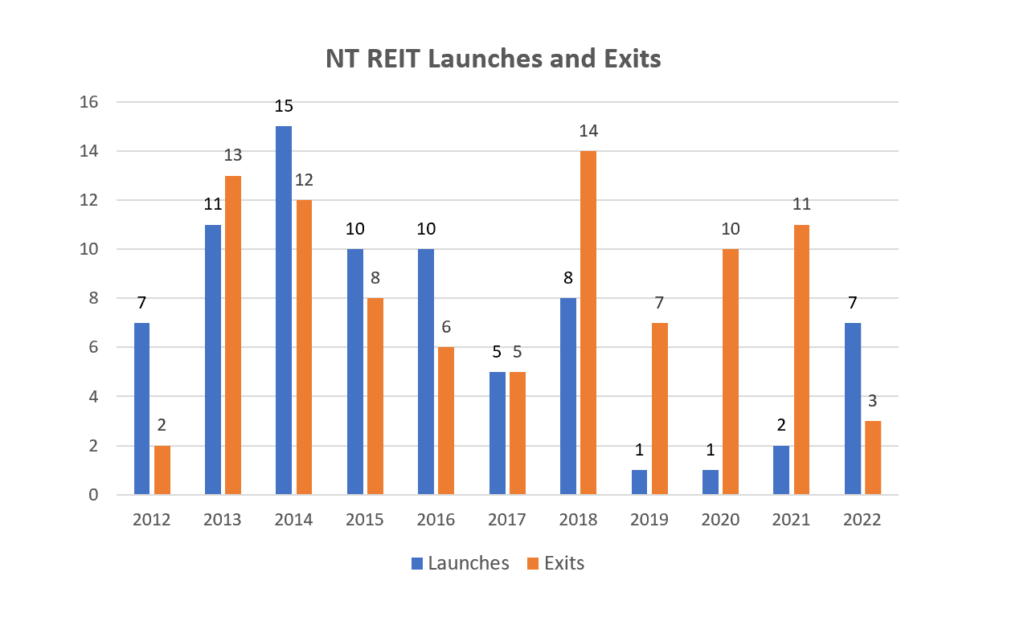iCapital Marketplace offers enhanced distribution for asset managers with access, diligence, and analytics capabilities for wealth managers, advisors, and their clients – all in one place
Originally posted on iCapital’s website.
NEW YORK & ZURICH — (BUSINESS WIRE) — iCapital, the global fintech platform driving access to alternative investments for the wealth management industry, announced the launch of iCapital Marketplace, the groundbreaking platform connecting financial advisors with alternative investment opportunities offered by the world’s leading investment providers and asset managers.
Powered by its proprietary and patented technology, iCapital Marketplace delivers an all-digital investment experience that bridges the structural divide that has historically separated asset managers, advisors, and clients from alternative investments.
“The iCapital team is thrilled to introduce iCapital Marketplace, a one-stop shop for advisors to access an even broader array of alternative investment offerings, backed by the technology prowess iCapital is known for,” said Lawrence Calcano, Chairman and CEO of iCapital. “Advisors and clients can benefit from exposure to this asset class, but expanding access requires a comprehensive technology platform that optimizes the process with the right technology, tools, and education.”
iCapital Marketplace allows asset managers – from the world’s largest to emerging ones – to offer funds to the growing global iCapital network of wealth managers and advisors on its platform, and the option to benefit from diligence services supported by iCapital.
”Since iCapital’s inception, our mission has been to connect the wealth management community and alternative asset managers with an unrivaled technology and service experience,” said Dan Vene, iCapital Co-Founder & Managing Partner, and Head of iCapital Marketplace. “The launch of iCapital Marketplace is a new era of access, further paving the way for advisors to have institutional-quality access to alternative investments.”
With iCapital Marketplace, asset managers may now also choose to fundraise through iCapital Marketplace and manage distribution themselves. These funds will be supported by iCapital’s end-to-end technology platform that streamlines and automates the alternative investing process, from subscriptions and capital calls to reporting.
“The iCapital Marketplace provides a robust suite of capabilities designed to broaden alternatives within client portfolios. We are committed to deliver institutional quality investment solutions and dedicated service to the network of advisors accessing the platform,” said Todd Myers, Blackstone Senior Managing Director & Chief Operating Officer, Private Wealth Solutions.
The platform also features an array of educational tools, such as market insights, webinars, and training modules.
“The wealth of educational content available at iCapital Marketplace gives us a compelling opportunity to broaden our engagement with advisors,” said Robert Collins, Partner and Co-Head of Private Wealth at Partners Group.
More than a dozen managers participated in the pre-launch of iCapital Marketplace, including Audax Private Debt, Blackstone, Carlyle, CrowdStreet Advisors, Fidelity, FS Investments, Henderson Park, John Hancock Investment Management, Kayne Anderson, Net Lease Capital, Partners Group, RedBird Capital Partners, Steele Creek Capital, and Sealy & Company.
The platform’s document center and investment dashboard provide a holistic view of client investments throughout the investment lifecycle and simplifies oversight and investment communication to the advisors’ clients. Furthermore, iCapital continues to share education and insights about investment strategies and the broader market. Additionally, filtering options allow advisors to narrow the fund menu to what is most relevant to them, including by funds distributed by iCapital for those advisors looking for additional guided support.
“The launch of iCapital Marketplace enhances our ability to discover new alternative investment opportunities via one simple and streamlined platform,” said Michael Moriarty, Chief Investment Officer of Wealthspire Advisors. “The innovative technology and extensive filtering options have improved our ability to source and quickly screen for portfolio ideas. It allows us to customize and fine-tune investment searches in a way that best aligns with our clients’ goals.”
Wealth managers accessing iCapital Marketplace have expanded capabilities integrated into the platform to best serve clients interested in alternative investments. Through the iCapital Marketplace, wealth managers can now access a broad menu of private markets investment opportunities across private equity, private debt, real assets, and hedge funds via one single platform with iCapital, allowing them to build diversified portfolios to meet their clients’ investment objectives.
About iCapital
Founded in 2013, iCapital is the leading global fintech company powering the world’s alternative investment marketplace. iCapital has transformed how the wealth management, banking, and asset management industries facilitate access to private markets investments for their high-net-worth clients by providing intuitive, end-to-end technology and service solutions; education tools and resources; and robust diligence, compliance, and portfolio analytics capabilities. iCapital’s solutions enable organizations to streamline and scale their operational infrastructure for alternative investments and to provide access to direct investments and feeder funds at lower minimums through simplified digital workflows.
iCapital-managed platforms offer wealth advisors and their clients access to an extensive menu of private investments, including equity, credit, real estate, infrastructure, hedge funds, structured investments, annuities, and risk-managed solutions. iCapital has been recognized on the Forbes Fintech 50 list each year from 2018 to 2023, the Forbes America’s Best Startup Employers in 2021, 2022, and 2023, and MMI/Barron’s Industry Awards as Solutions Provider of the Year in 2020, 2021, and 2022.
As of April 30, 2023, iCapital services over $157 billion in global client assets, of which nearly $30 billion are from international investors (non-US Domestic) across more than 1,270 funds. Employing more than 1,130 people globally, iCapital is headquartered in NYC and has offices worldwide, including in Zurich, London, Lisbon, Hong Kong, Singapore, and Toronto.
For more information, visit icapital.com | Twitter: @icapitalnetwork | LinkedIn: https://www.linkedin.com/company/icapital-network-inc
iCapital Media Contact
New York, Morgan Miller
The Neibart Group
icapital@neibartgroup.com
+1 919-602-2806
